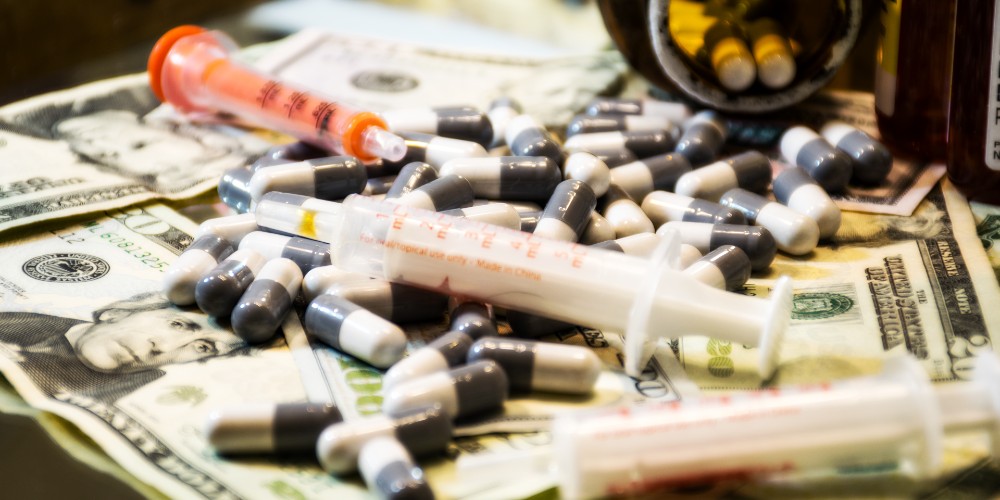(SHTF Plan)—The medical system has gotten millions of Americans so sick with their diet that they’ve become dependent on the drugs they produce. Since a cyberattack a few days ago, the drugs people rely on are now on a major delay.
Pharmacies nationwide are reporting delays to prescription orders due to a cyberattack against one of the nation’s largest healthcare technology companies. Change Healthcare, a company handling orders and patient payments throughout the United States, first noticed the “cyber security issue” affecting its networks Wednesday morning on the East Coast, according to a report by The New York Post.
“Change Healthcare is experiencing a network interruption related to a cyber security issue and our experts are working to address the matter. Once we became aware of the outside threat, in the interest of protecting our partners and patients, we took immediate action to disconnect our systems to prevent further impact,” Change Healthcare said in a statement.
It added, “We will provide updates as more information becomes available.” As of Saturday, Change Healthcare was still down and expected to be down for the entire day.
Starting Wednesday morning, pharmacies across the country reported trouble processing prescriptions to insurance companies for payment after Change Healthcare, a unit of United Health, said it became the victim of a cyberattack. Thursday in a regulatory filing, United Health blamed the hack on “a suspected nation-state associated cyber security threat actor,” according to NBC News Dallas Fort Worth.
Patients are going to have to pay out of pocket if they are in dire need of the medications because the insurance companies still cannot process claims.
The cause of the cyber attack is still under investigation. The service outage was expected to end Saturday and officials have not given an update.
This disruption has shown just how unhealthy and dependent on big pharma Americans have become. More than 131 million people, or 66 percent of all adults in the United States use prescription drugs. Utilization is particularly high for older people and those with chronic conditions.
Dr. Jessica Y. Ho, Ph.D., of Penn State’s Department of Sociology and Criminology, and Population Research Institute, determined that most American men are taking prescription drugs by the age of 40 years, while most American women are taking prescription drugs by the age 15 years. The study calculated that, on average, a newborn boy in 2019 could expect to take prescription drugs for approximately 37 years, or 48% of his life. A newborn girl in 2019 could expect to take them for approximately 47.5 years, or 60% of her life, according to a report by U.S. Pharmacist.
Prescription medications used to treat chronic or long-term conditions such as high blood pressure, diabetes, autoimmune, and heart disease are a part of everyday life in many American households. The percentage of people taking four or more prescription medications daily in the US has increased by six percentage points from 2019, from 18% to 24%.
The word “dependent” does not even begin to desribe Americans and their pharamaceudical drugs.
What Would You Do If Pharmacies Couldn’t Provide You With Crucial Medications or Antibiotics?
The medication supply chain from China and India is more fragile than ever since Covid. The US is not equipped to handle our pharmaceutical needs. We’ve already seen shortages with antibiotics and other medications in recent months and pharmaceutical challenges are becoming more frequent today.
Our partners at Jase Medical offer a simple solution for Americans to be prepared in case things go south. Their “Jase Case” gives Americans emergency antibiotics they can store away while their “Jase Daily” offers a wide array of prescription drugs to treat the ailments most common to Americans.
They do this through a process that embraces medical freedom. Their secure online form allows board-certified physicians to prescribe the needed drugs. They are then delivered directly to the customer from their pharmacy network. The physicians are available to answer treatment related questions.


